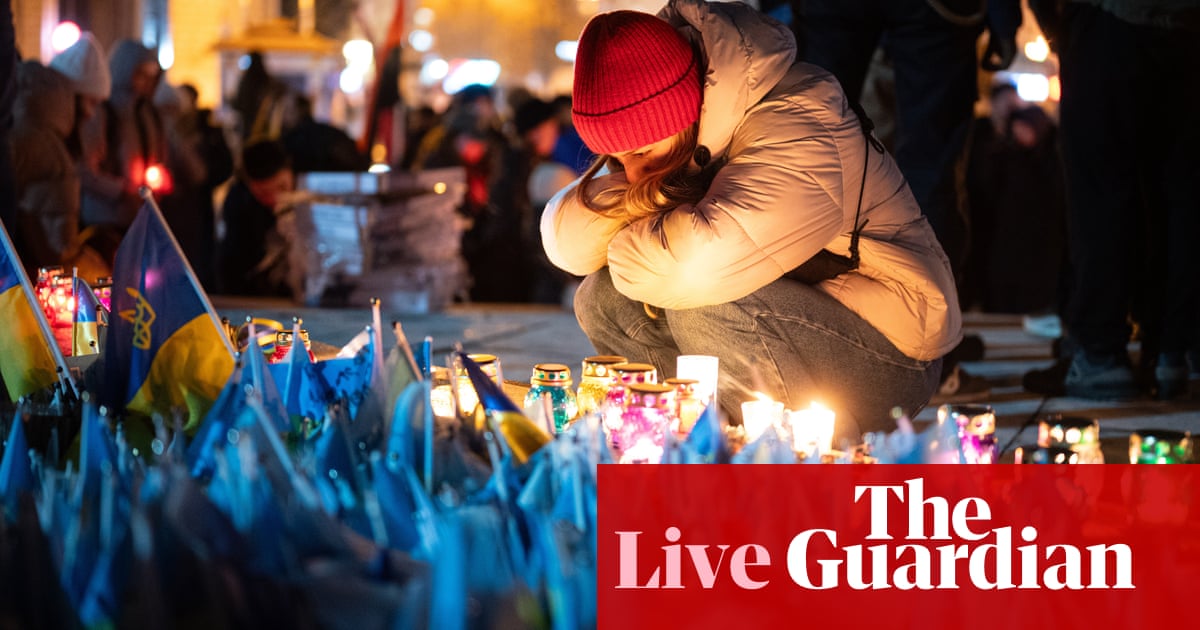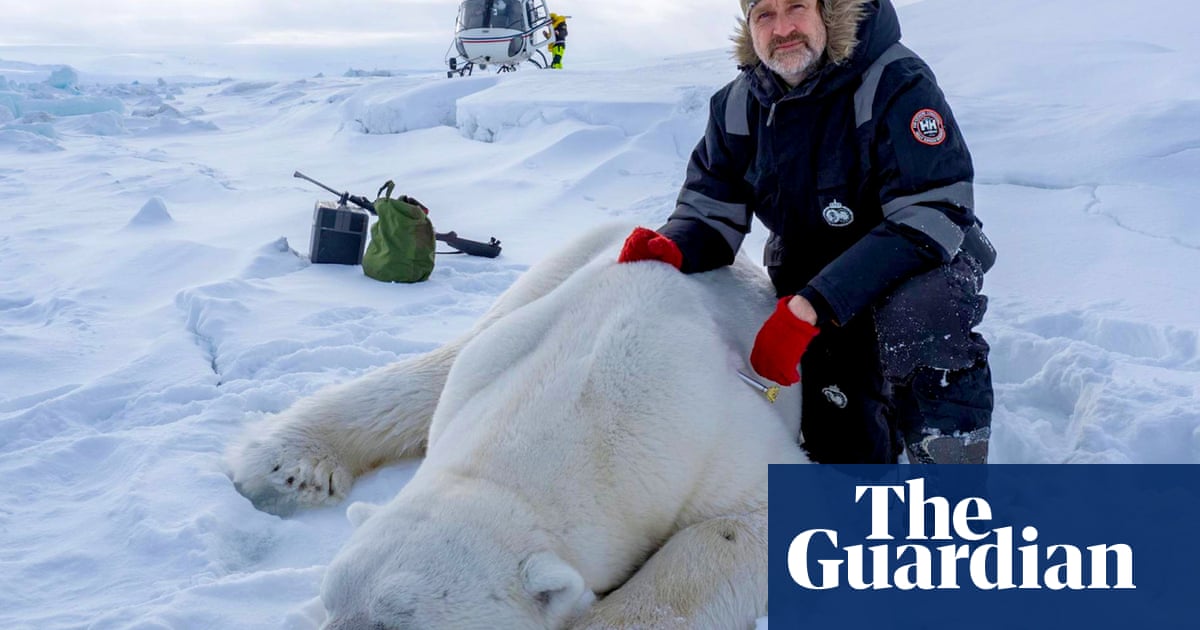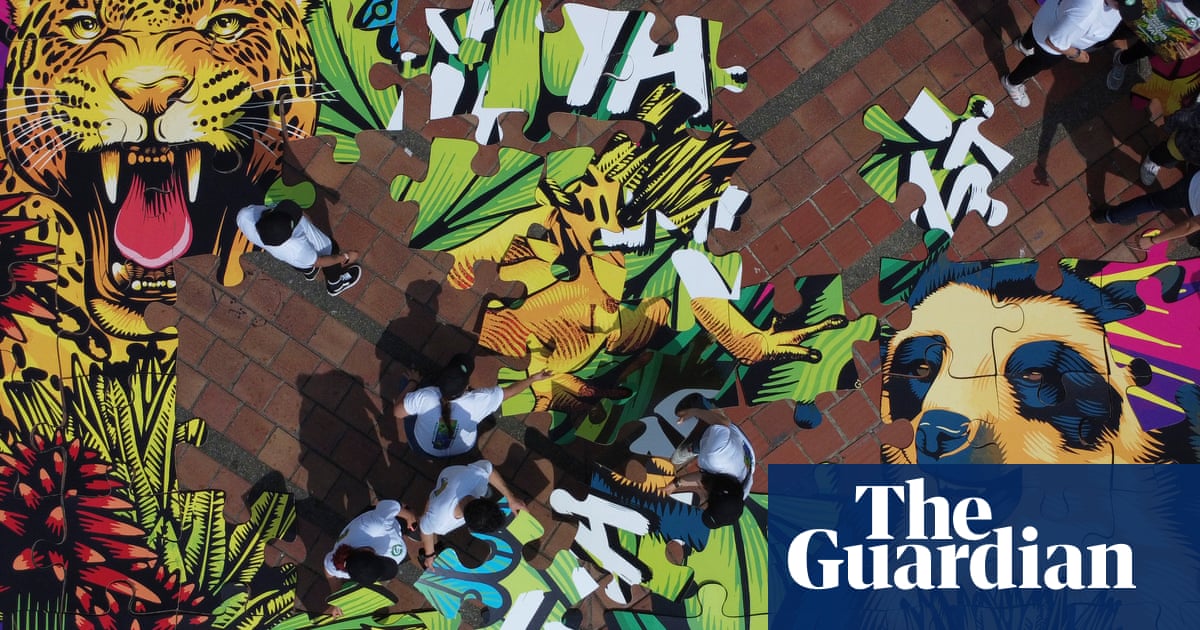Being popular on TikTok can make just about anything fly off the shelves, from beauty products to cucumbers, which became one of the most-ordered Deliveroo items after “cucumber guy” Logan Moffitt’s recipe videos went viral earlier this year. Books are no exception – authors such as Colleen Hoover and Sarah J Maas have what is known as “BookTok” to thank for their stratospheric success. Now joining their ranks, in a twist nobody saw coming, is Fyodor Dostoevsky.
In 2024, the Penguin Classics little black book edition of Dostoevsky’s White Nights was the fourth most sold work of literature in translation in the UK. “We have a member of staff who has worked here for 25 years and he said we’d sell the odd one,” Amy Wright, a bookseller at Pritchards in Liverpool told me, “but the last two years there’s definitely been an upsurge.”
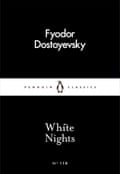
The celebrated 19th-century Russian writer’s novella has become “a phenomenon”, says Francis Cleverdon, general manager of Hatchards Picadilly bookshop in London. “We’ve sold 190 copies of the little paperback in the last year.”
Since about December of last year, White Nights has been all over BookTok and its Instagram parallel, Bookstagram. Searching for the 1848 tale on these platforms will result in page after page of reviews, quotes, and moody shots of the book next to cups of coffee. There are White Nights Spotify playlists full of Tchaikovsky and Shostakovich. Social media users from all over the world have rhapsodised about the beautiful love story it tells, and bewailed getting their hearts smashed into pieces by it. “Everyone wants to fall head over heels in love. Then they read Dostoevsky’s White Nights,” read one viral tweet.
It’s a certain type of book that becomes popular on TikTok, usually. Romance novels do well, as do YA and fantasy, and mostly they’re new or recent releases. So why has a previously little known Russian novella from more than 150 years ago suddenly caught the attention of readers in such a big way?
There’s one prosaic but important reason: it’s just over 80 pages long. “White Nights appealed to me partly because of its shorter length,” Ellie Howlett, a Londoner who posts about books as @ellisrubyreads on TikTok, told me. On BookTok, a short book is often an appealing one, because it allows people to add an easy notch to their annual reading goal – many BookTokers set themselves a target number of books to get through per year, using tracking platforms such as Goodreads. White Nights’ length also makes it an easy first dip of the toe into the somewhat daunting pool of classic Russian literature.
after newsletter promotion
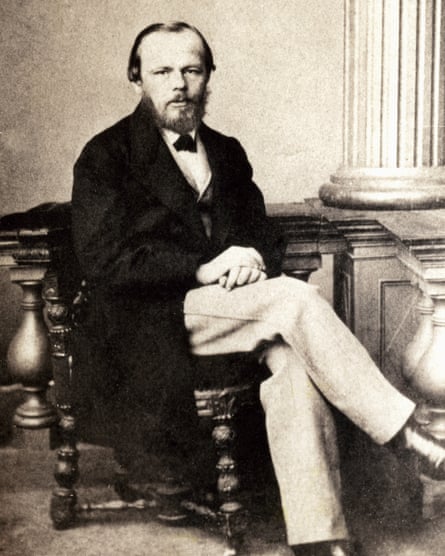
But the reason this book has resonated with so many new readers this year also has to do with the the story itself. A nameless young man meets a woman called Nastenka by chance one night on the streets of St Petersburg. He is lonely to the point of pain, and she is experiencing her own agony of waiting to hear from her one true love, who has returned from Moscow but has not contacted her as he promised he would. The narrator meets Nastenka on two more nights, and he believes he has fallen deeply in love with her, despite her protestations that he should see her as a friend. When Nastenka starts to think her lover has abandoned her, she and the narrator get carried away imagining the life the two of them might have together instead. The following day, Nastenka’s lover returns, and she abandons the narrator.
It’s a story about someone who feels things very keenly, and lives in his own head. “It begins to seem to me at such times that I am incapable of beginning a life in real life, because it has seemed to me that I have lost all touch, all instinct for the actual, the real,” the narrator laments.
Perhaps it should come as no surprise that a story about someone who has built an elaborate life of fantasy should become popular on social media, where users intentionally romanticise their lives. The tendency to think of oneself as the protagonist of a fictionalised version of life has been termed “main character syndrome”, and boy does the narrator of White Nights have a bad case. “I feel the book captures people who dream, who think they are better than everyone else but are actually in their own world,” says 22-year old Bookstagrammer Mausami Avira, “which is something that social media has groomed us into believing.”
And while White Nights is not typical of the romance novels that tend to be popular on TikTok, it is a love story, and many readers were drawn to it for that reason. 21-year-old Naomi Philpott, who posts as @bookish.naomi on Instagram, picked it up thinking it was a romance, and was surprised when she started reading. “I’m not sure why people interpreted it as a romance rather than a novella on loneliness,” she says, “it’s quite scary that the two have been conflated really.” She thinks young people’s fatigue with app-based dating might be a part of why the book has been hitting home for them. “I wonder if people think that the narrator and Nastenka simply meeting in person is romantic in itself.”
Chelsea Watkiss, who posts as @theclassiclibrarian to her 14k followers on Instagram, thinks readers relate to the narrator’s need to be seen by someone, viewing the story as “an exploration of finally finding purpose and meaning in a human connection, after being desperately deprived of it – and the subsequent pain of having to let that go.”
“Almost everybody can resonate with feelings of isolation,” says Philpott. “I don’t like when everything gets related to the pandemic, but I do think it increased people’s feelings of loneliness as we were all very disconnected for a while, and I think some people are still feelings the impacts of that.”
Whether White Nights fever will translate into a more general enthusiasm for Dostoevsky’s work online remains to be seen. But, for now at least, “the BookTok girlies are picking up Dostoevsky”, as one commenter under a TikTok video about White Nights put it. “Now this is character development.”

 2 months ago
37
2 months ago
37


